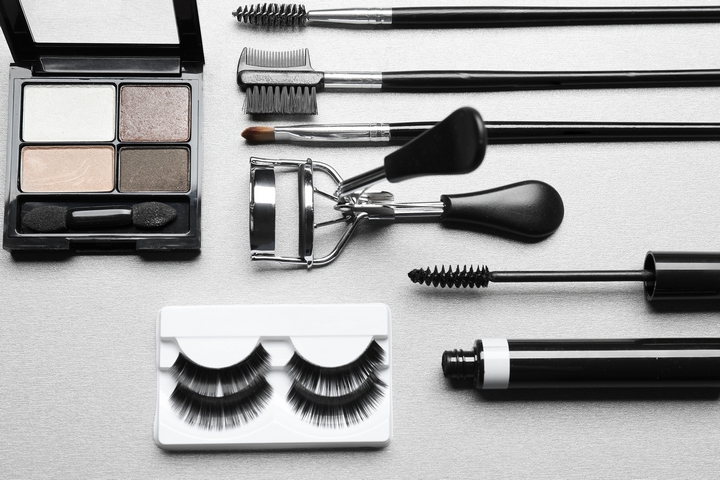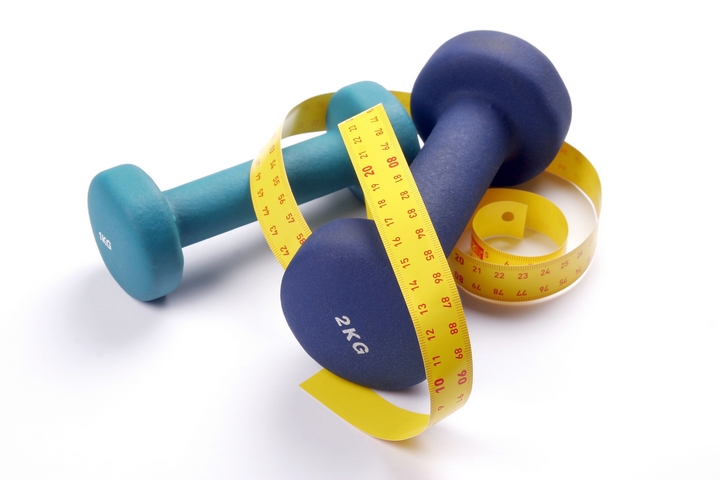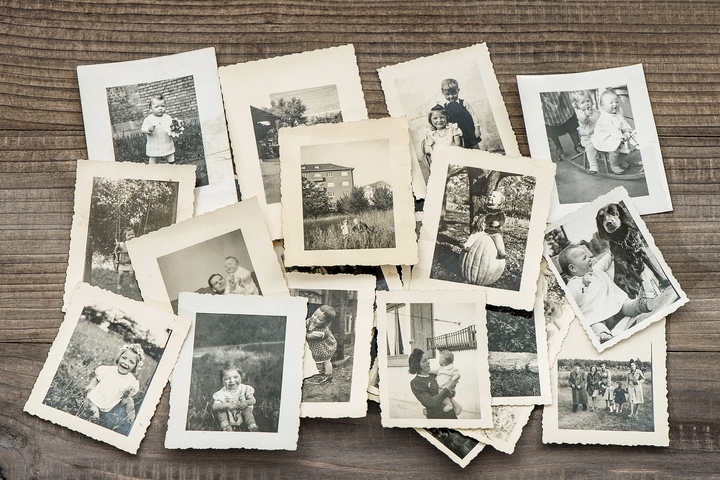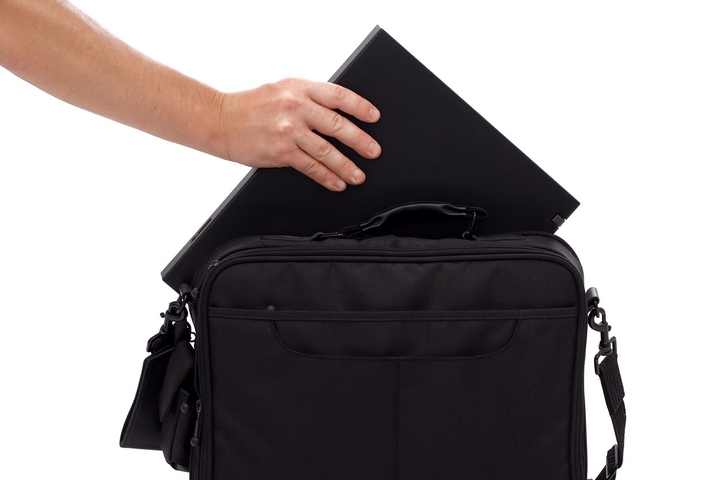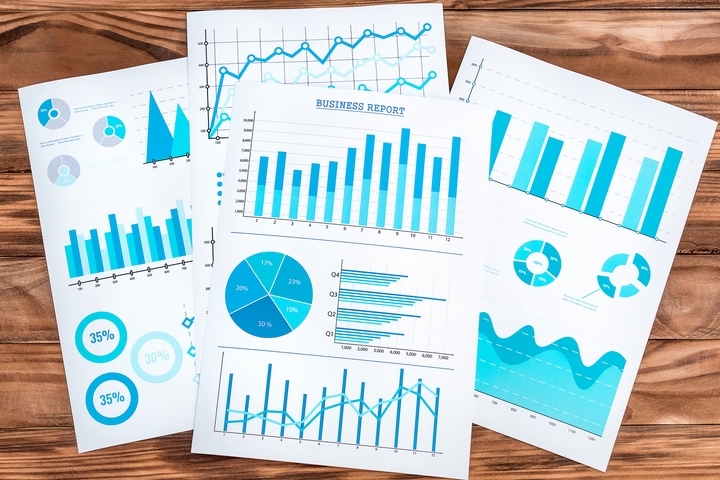
Passwords are very important since our entire lives are online. There are all of our social media accounts, banking, shopping, email accounts and so many more. Sometimes, we even have both personal and professional accounts for each of these. It’s really important to protect your accounts with a strong password. Even with the best IT support to safeguard your computer systems, it doesn’t hurt to have an added layer of protection.
If someone gains access to your accounts, they can easily steal your information, your credentials and wreak havoc across your accounts. They could also take money from you and even steal your identity. A good password can help to prevent this. Here are seven creative password ideas to keep your data safe online:
1. Use Unpredictable Passwords

Many of the don’t-dos of password creation are common knowledge, but it is important to be aware of what these are and to make sure that you aren’t doing any of these things. First, do not use the same password across accounts. This makes the job of anyone trying to access your information incredible easy.
We also all know that you shouldn’t use easy passwords like “12345” or “abcde”. In fact, many sites won’t even let you lose these passwords. If you try inputting them, you will get a friendly message telling you that consecutive characters are not allowed or that you need to include different types of characters. You also shouldn’t use information such as birthdates, pet’s names or other personal information that it would be relatively easy for someone to guess.
2. Use Longer Passwords

You have probably already heard about these creative password ideas. The longer the password, the better it is. There are other factors that come into play, but length is critical. This is because longer passwords are harder for hackers to crack. Just how long should your password be? There doesn’t seem to be any consensus, but a minimum of 10, 12, 14 or more characters is what many advise.
3. Use a Mixture of Characters

Don’t use only letters or only numbers. Use letters, both upper and lower case, as well as numbers and symbols. In fact, many sites will have rules in place requiring you to use all or most of these different types of characters.
Mixing these makes passwords more complicated and harder to guess or crack. The most creative password ideas will come from a variety of letters and characters. It also means that you cannot simply use personal information such as dates or names. This means that mixing characters also forces you to move away from these password no-nos. The best passwords will be a random mixture of these characters.
4. Avoid Common Words and Phrases

First off, do not use the word “password”. You also shouldn’t use any words that can be found in a dictionary. Hackers often use systems that are based on dictionary-words. This means that using these does not necessarily offer you any more protection than using your name would. It also means that creating a longer string of dictionary words will not make your password any safer. This means that “password” is just as unsafe as “reallylongpassword”.
If you want to use words, try to misspell them or add characters and numbers throughout. This will make it harder for the dictionary-based hacking systems to crack your password. For example, instead of using “Sun and Clouds in the Sky”, use something like “s3n@Ndcl03Ds1nthEsKy?”.
Using a word or a string of words as the base concept for your password will make it easier for you to remember. Changing around some of the letters for numbers and characters and adding some upper-case letters, will make it harder for the hackers to figure out.
5. Use Random Strings of Words

If you are going to use dictionary words, then use random strings. Truly random combinations will be harder to crack. For example, a random string would be something like: “horse mother notebook yoga”. There are random word generators online that can help you create truly random strings of words. As humans, these can be surprisingly hard for us to create.
6. Change Default Passwords

This might seem glaringly obvious, but that password that a website sets you up with when you first register is not the one that you should keep. It’s a bad idea to keep these passwords because generally you will have received them in an email. This means that a quick search of your inbox will allow you – or anyone else – to find those passwords.
7. Grade Password Difficulty

It is common to have many passwords, tens, maybe even hundreds. In an ideal world, you would have incredibly safe passwords for every account. However, it can be difficult to come up with and to remember safe passwords for all of these. Some passwords, such as those associated with banking and your primary email are more critical than others. Put more effort into creating (and remembering!) very strong passwords for these accounts.





